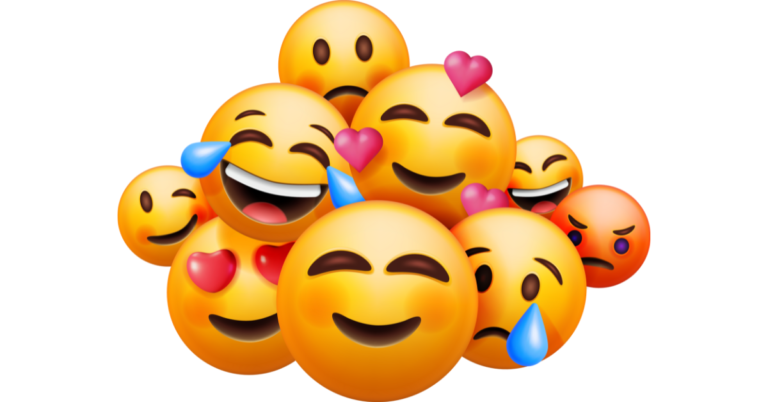
Adjectives in Haitian Creole
Learn how to use adjectives in Haitian Creole with this comprehensive guide. Learn how to describe people, places, and things effectively to enhance your language skills and communication.
Word order
Noun + Description of Noun
Noun + Adjectives
How to describe people, places, and things?
A noun refers to a person, place, or thing, while an adjective describes a noun, providing details such as color (red), size (big), or quality (beautiful). In English, adjectives usually come before the noun, as in “a red car.”
In Haitian Creole, adjectives typically come after the noun they describe. For example, “a red car” becomes “yon machin wouj” in Creole. Paying attention to this word order will help you use adjectives correctly.
Examples
- David se yon gason vanyan. David is a courageous man.
- Noun = gason
- Adjective = vanyan
- Pase yon twal mouye sou li. Wipe a damp cloth on it.
- Noun = twal
- Adjective = mouye
- Mwen gen yon wòb long wouj vyolèt. I have a long, red-violet robe.
- Noun = wòb
- Adjectives = long, wouj, vyolèt
Do not use "se" (to be) before Adjectives
When we want to describe a noun in English, we generally use the verb “to be”. For example:
- The car is red. ‘Is’ is a form of the verb “to be”.
- I am hungry and tired. ‘Am’ is a form of the verb “to be”.
- They are very tall. ‘Are’ is a form of the verb “to be”.
In Haitian Creole, we do not use the verb “se” before adjectives. Let’s use the examples from above:
- Machin nan wouj. The car is red.
- Mwen grangou e fatige. I am hungry and tired.
- Building yo wo anpil. The buildings are very tall. Here ‘wo’ is describing the buildings. ‘Anpil’ is describing building’s height.
Exceptions to the rule
A few Adjectives go before the Noun. For example, bèl (beautiful), bon (good), gran (big), gwo (big), and ti (small). Play close attention to when natives use these adjectives.
- Mwen gen yon bèl machin ble. I have a beautiful blue car.
- Li se yon bon timoun. He’s a good child.
- Sa se yon gran nouvèl. That’s a big news.
- Pitit mwen vle yon ti kado. My child wants a small gift.
- Ba l yon gwo bizou. Give him a big kiss.